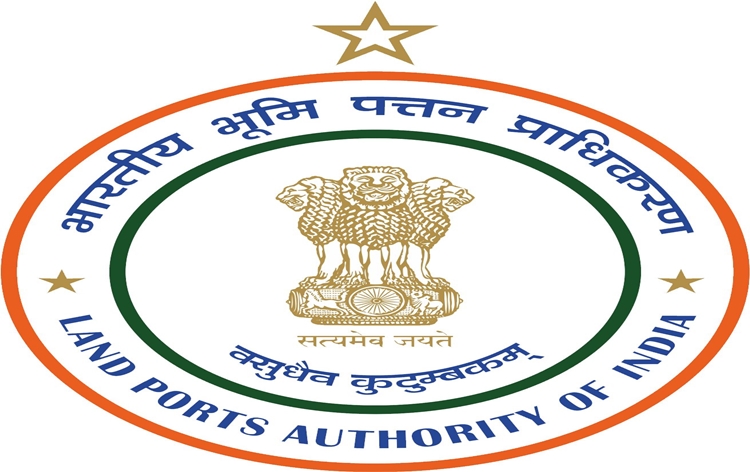Land Ports Authority Releases Report on Gender-Inclusive Framework for Cross-Border Trade in India (NewsOnAIR)

- 10 Jan 2024
Why is it in the News?
Land Ports Authority of India (LPAI) today released a report on 'Engendering Land Ports in India' in New Delhi. The main objective of the report is to develop a framework for gender-inclusive cross-border trade and tourism through land Ports in the country.
About the Land Ports Authority of India (LPAI):
- LPAI was established In 2012 as a statutory body under the LPAI Act of 2010.
- It comes under the purview of the Department of Border Management, Ministry of Home Affairs.
- Mandate: LPAI is entrusted with the development of cutting-edge infrastructure for its land ports.
- This infrastructure includes the construction of a Cargo Terminal Building, Passenger Terminal Building, deployment of mechanized equipment for cargo handling, implementation of security and surveillance measures at land ports, and the provision of forex counters.
- Growth: From its inception with just two land ports in 2012, LPAI has played a significant role in expanding India's operational land ports to 11, facilitating connections across the country's land borders with Bangladesh, Nepal, and Pakistan.
Land Ports in India:
- Integrated Check Posts (ICPs) are the official designations for land ports in India.
- The country currently boasts 11 operational land ports, namely Attari, Agartala, Dawki, Petrapole, Raxaul, Rupaidiha, Jogbani, Moreh, Sutarkandi, Srimantapur, and the Passenger Terminal Building (PTB) at Dera Baba Nanak.
- In the year 2023, significant trade activities were conducted through seven primary land ports: Attari, Agartala, Petrapole, Raxaul, Jogbani, Sutarkandi, and Srimantapur.
- These land ports played a crucial role in facilitating trade valued at Rs 76,000 crore and accommodating the movement of approximately 24 lakh passengers in the year 2023.
Why there is a Need for Land Ports in India?
- Given its strategic central location, India shares an extensive international land border spanning over 15,000 kilometres with seven South Asian countries: Afghanistan, Bangladesh, Bhutan, China, Myanmar, Nepal, and Pakistan.
- Numerous specified entry and exit points facilitate cross-border movements involving individuals, goods, and vehicles.
- However, the persistent challenge of inadequate infrastructure at these designated border checkpoints has posed a significant hurdle to regional trade, adversely affecting the smooth transit of both commodities and passengers.
- Recognizing this obstacle, the Committee of Secretaries recommended the establishment of Integrated Check Posts (ICPs) in 2003.
- These ICPs were envisioned to offer state-of-the-art infrastructure facilities, addressing the deficiencies in the existing border infrastructure and promoting more efficient cross-border interactions.
